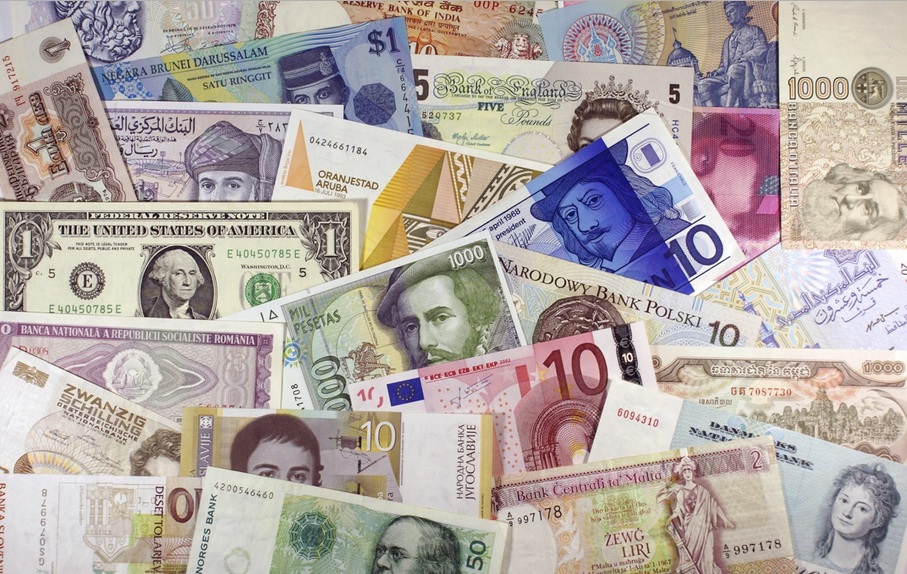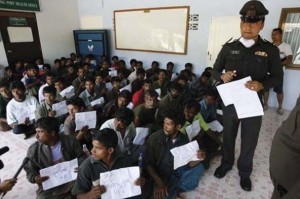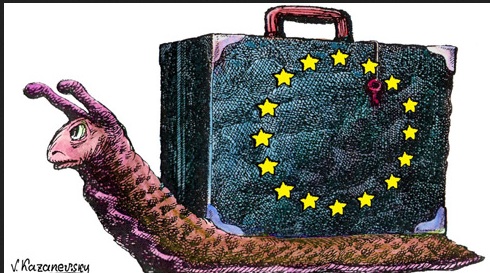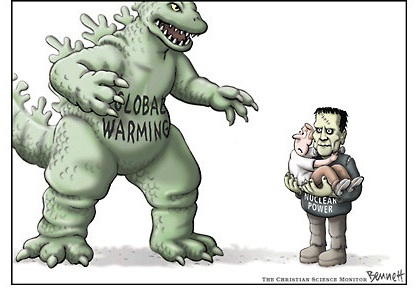Simon Johnson writes: Is it appropriate to use trade agreements to discourage countries from using large-scale intervention in the foreign-exchange market to hold down their currencies’ value? That is the question of the day in American economic-policy circles.
In recent years, Japan, South Korea, and China have manipulated their currencies to keep them undervalued. This boosted their exports, limited imports, and led to large current-account surpluses. But such intervention adversely affects trading partners and is barred under existing international rules. Unfortunately, those rules have proved completely ineffective.
Now a new opportunity to address the issue has emerged: The Trans-Pacific Partnership – the mega-regional free-trade agreement involving the United States, Japan, and ten other countries in Latin America and Asia. With the TPP close to being finalized, South Korea and China are watching intently, and other countries may want to join.
US President Barack Obama correctly argues that this is an occasion to set the rules for trade and investment in the twenty-first century. Yet the US Treasury Department and the US Trade Representative steadfastly refuse to include any language prohibiting currency manipulation in the TPP, for five main reasons – none of which fits the facts.
The first argument is that the International Monetary Fund can deal with instances of currency manipulation. The IMF does have up-to-date guidelines that define and seek to prevent currency manipulation. The IMF cannot enforce its guidelines, because currency manipulators are able to stall action. This has been the entrenched and continuing pattern, including when I was the IMF’s chief economist (from early 2007 to August 2008).
The second argument made by the US Treasury and the Trade Representative is that no sufficiently precise currency rules can be negotiated. But there is nothing wrong with the IMF guidelines – both the 2007 and 2012 versions – negotiated by the Treasury itself.
Recognizing this, Congressman Sander Levin – the senior Democrat on the House Ways and Means Committee, which has jurisdiction over international trade – proposes that a TPP currency chapter be based on the IMF guidelines.
The third argument against putting anti-manipulation provisions in the TPP is that they would imperil America’s ability to implement monetary stimulus.
Conventional monetary policy operates by altering short-term interest rates, which includes the central bank buying and selling short-term government debt. No intervention in the foreign-exchange market – buying and selling foreign currency – is involved.
Similarly, the quantitative easing (QE) that has defined many major central banks’ monetary policy in recent years does not involve buying or selling foreign assets. Under QE, the Federal Reserve buys – and announces that it will buy – assets; the only difference is that these assets are longer-maturity US government debt instruments and mortgage-backed securities of various kinds, all denominated in US dollars.
The fourth argument is that no major country is currently manipulating its exchange rate.There is also nothing to stop China or any other country from resuming large-scale currency-market intervention if and when it chooses. And the lack of diplomatic tension around exchange rates today makes this a good moment to raise the topic.
The final reason cited in support of excluding a currency chapter from the TPP is that the countries negotiating the deal would never agree.
Canada, Australia, and New Zealand, developed economies with floating exchange rates, do not want to encourage currency manipulation. Chile, a middle-income country that has long had sound and responsible macroeconomic policies, does not favor currency manipulation. Mexico and Peru have much to fear from other countries becoming currency manipulators again.
Likewise, Japan, now running its own version of QE, worries about potential currency manipulation by other countries, such as South Korea and China. Malaysia and Singapore.
Currency manipulation is a real problem that causes significant damage. The TPP deal – if it establishes a dispute-resolution mechanism that can quickly dismiss frivolous claims and home in on genuine cases – may offer the best chance to fix it.









